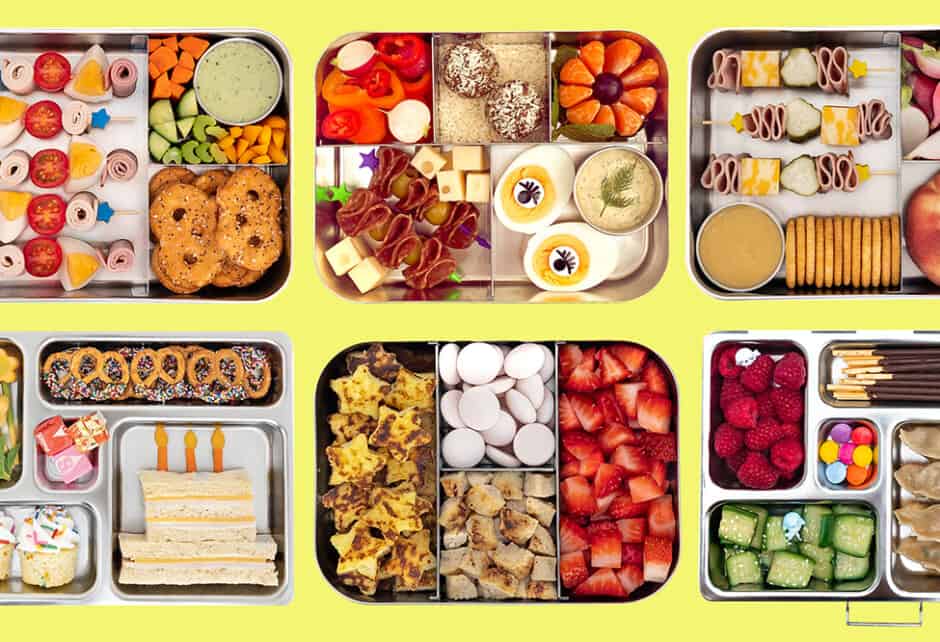
Study Says: Family Meal Dynamics Can Help Childhood Obesity
Written by Katie Hintz-Zambrano
Photography by Photographed by James Kicinski-McCoy
We know how good it feels to eat dinner as a family, and now a new study shows how important it is for your child’s health, too.
After monitoring the families of 120 children, aged 6 to 12, over a series of eight days, researcher Jerica Berge of the University of Minnesota looked closely at what Time calls “the emotional atmosphere of the meal” (including enjoyment and hostility levels, awkward pauses, etc.) and also the interactions with food itself (including discussions about food, weight issues, how parents controlled their children’s food, etc.).
The team’s findings? Children experiencing more negative interactions at the dinner table were much more likely to be overweight and obese. Whereas, “regular” weight children had a more positive atmosphere. We especially found this takeaway interesting: “These children were given positive reinforcements to eat, and were encouraged to eat foods to get stronger or run faster, while heavier children experienced more negative pressures including threats and made to feel guilty about those in the world who can’t afford to eat three meals a day. If parents or caregivers talked constantly throughout the meal about food, and lectured about homework or attempted to control what the children ate, the youngsters were also more likely to be heavy.”
The research also found that overweight children tend to have shorter meals (13.5 minutes on average vs. 18.2 minutes for healthy weight kids), and they are also less likely to have a father or step father at the table.
Overall, the study serves as a kind reminder that it’s not just about the type of bread we’re breaking with our kids, but the emotional atmosphere in which we’re doing it.
Share this story




